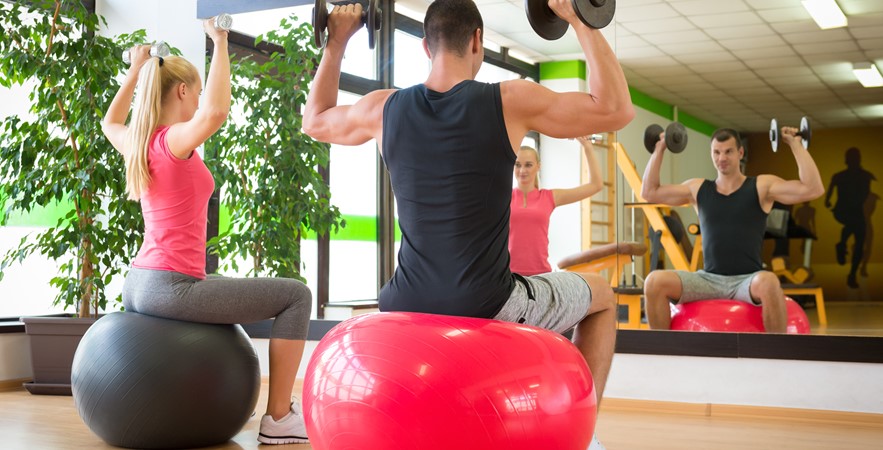SYMMETRIA®
BLOG

Why Exercise Doesn't Always Help With Weight Loss
It might seem strange to people who don't exercise, but there are many people who find it difficult to lose those last few extra pounds even if they exercise or take part in a sport regularly. This doesn't only apply to those who exercise to lose weight, but also to athletes who want to lose some weight to improve their body fat percentage or cardio-respiratory capacity and athletic performance. The reason behind this is that exercise and physical activity means increased energy consumption, i.e. burning more calories. That's why there is no doubt, and the energy expenditure of exercise largely depends on its intensity and duration.
However, because of this phenomenon, many recent studies have investigated the factors that prevent those who regularly exercise from losing weight. A recent controversial publication comes from Professor Dr. Ravussin of the Pennington Research Institute, who concluded that "in general, for weight loss, physical activity is almost useless." This conclusion was based on studying two different effects of exercise: the rise in hunger due to higher demands for energy, and the tendency of people to reward themselves by eating more or eating something delicious after a workout.
And, as it turns out, the most powerful factor determining human caloric intake is the expenditure of energy from physical activities, according to Harvard Professor Dr. Gortmaker. The more energy one exerts, the more hungry they are, and the more food they consume, therefore the harder it will be to reduce their body weight. However, there is also a physiological reaction in the body that reduces appetite for food after exercise. Following aerobic exercise (running, cycling, swimming, etc.) the hormone that regulates human appetite is reduced leading to a decrease in appetite. This hormone is called grelin, and recent studies from the University of Massachusetts indicate that post-exercise appetite decreases mainly in men, whereas in women the concentration of the hormone is at normal levels, which makes them maintain a natural appetite. Perhaps, then, the increased appetite that can be taken for food after exercise is compensated.
In order not to negatively affect the appetite for food after exercise in body weight adjustment, it is important to plan your meals well enough to have a scheduled full meal and not to make quick dietary choices or eat more than you need.
According to recommendations for athletic performance by the American College of Sports Medicine, carbohydrate consumption during exercise is particularly important when athletes have not eaten before training or are on a weight loss diet. For this reason, if you are trying to lose weight, do not skip eating a carbohydrate-rich snack - before or during exercise - especially if your workouts last over an hour. This snack can be a fruit with a few nuts or a raw cereal bar with nuts. This will help you to not feel so hungry until your next meal, which will ultimately prevent you from making impulsive food choices.
It is quite important for people who exercise regularly to avoid prescription diets. The American College of Sports Medicine recommends reducing calories by 10-20% as this can contribute to weight loss without leading to a feeling of fatigue or intense hunger. Some simple changes you can make:
- Limit consumption of calorie-rich snacks and sweets
- Eat enough protein and calcium. Opt for low-fat dairy, fish, poultry without the skin, legumes and eggs.
- Drink a lot of fluids throughout the day, before, during and after exercising. Dehydration to achieve weight loss is a contraindication
- Eat wholegrain cereal, bread and pasta
- Make sure you incorporate fruit and vegetables into every meal
Do you like our content?
SUBSCRIBE
to keep up with SYMMETRIA's® latest news, partnerships, offers, new protocols and products
This site is protected by reCAPTCHA and the Google Privacy Policy and Terms of Service apply.
